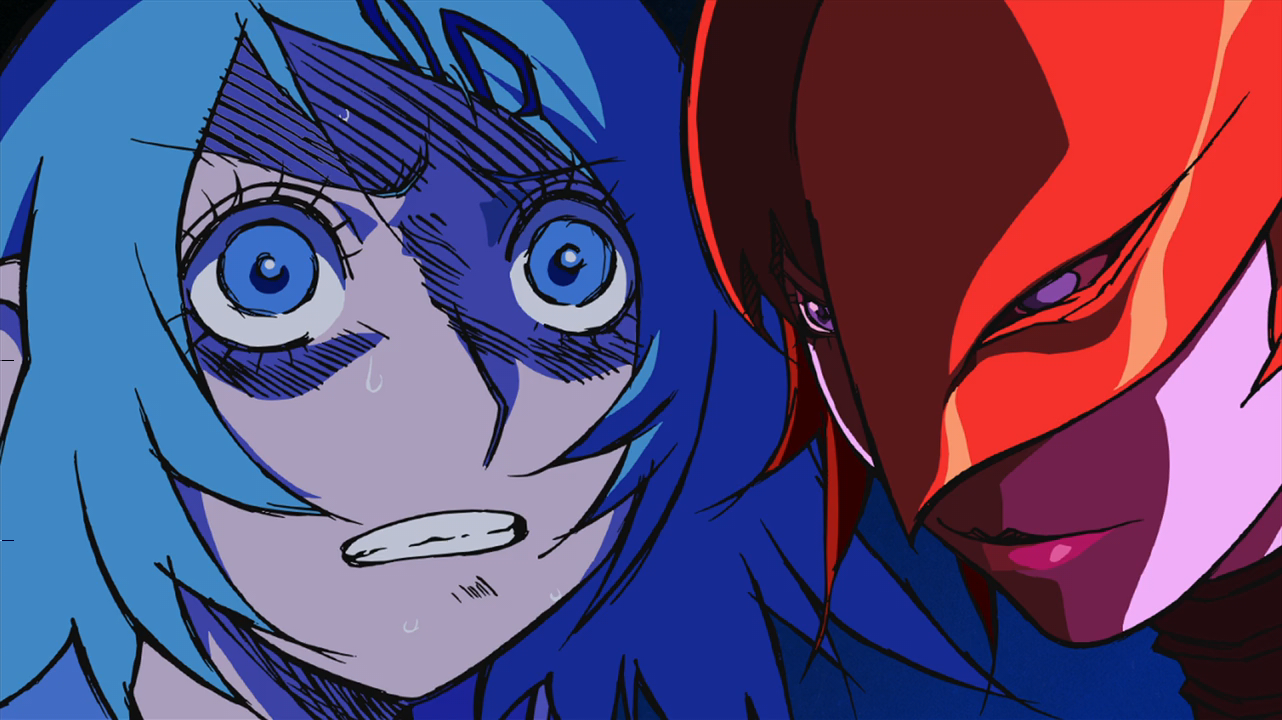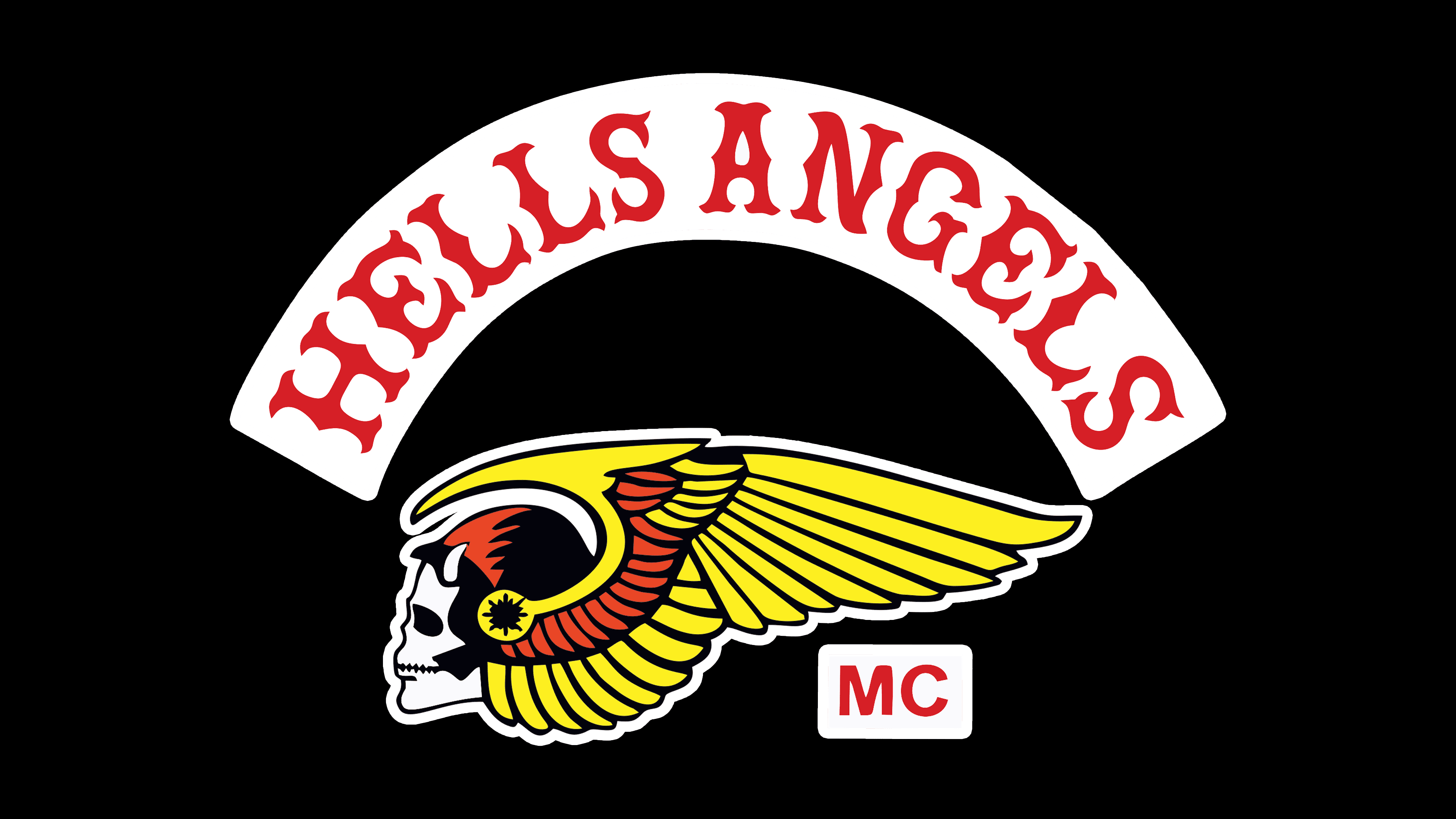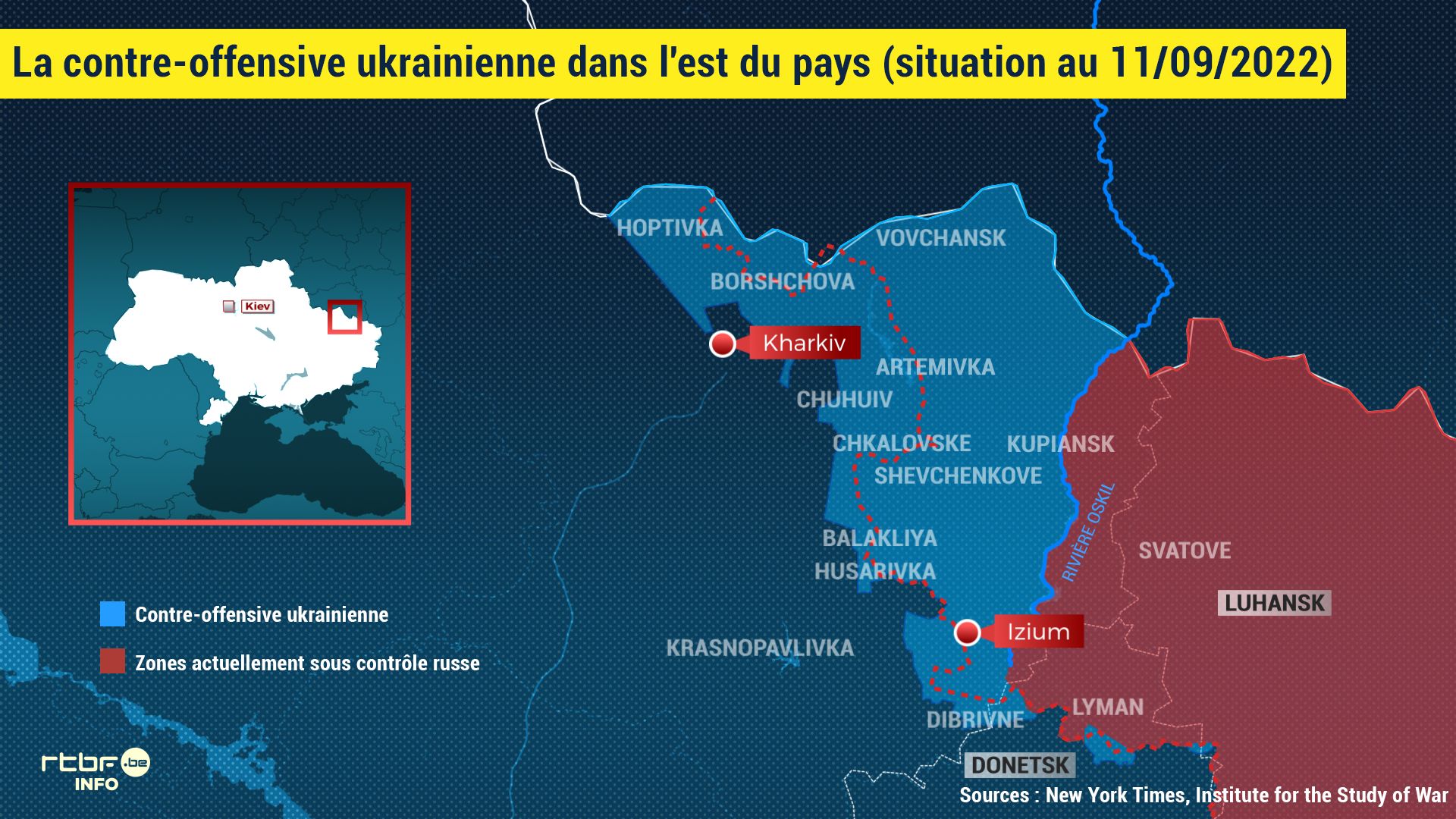A Critical Analysis Of The Hells Angels

Table of Contents
History and Origins of the Hells Angels: From Post-War Subculture to Global Organization
Early Years and Formation
The Hells Angels emerged from the post-World War II era in California, a time of social upheaval and disillusionment. Founded in 1948, the early club, initially comprised of veterans and other disenfranchised youth, was more of a social club, bonding over a shared passion for motorcycles. Key founding members, whose identities are often debated, laid the groundwork for what would become a globally recognized, and controversial, organization. However, the seeds of the club's later criminal trajectory were likely sown during this period, as the desire for camaraderie and rebellion morphed into something more organized and potentially illicit.
- Early chapters were established in Southern California, establishing a strong local presence.
- The shift from a social club to a more organized and potentially criminal entity is a gradual but significant evolution in the HAMC's history.
- The post-war economic boom and counter-culture movements played a significant role in shaping the Hells Angels’ early identity and development.
Expansion and Internationalization
From its California roots, the Hells Angels expanded aggressively, establishing chapters across the United States and, eventually, internationally. This expansion was not without its challenges. Establishing chapters in different countries required adapting to diverse legal systems, cultural norms, and competitive landscapes of other outlaw motorcycle gangs. Maintaining control and cohesion within a global organization of this nature is a complex logistical and organizational feat.
- The club's international presence now includes chapters in numerous countries across the globe.
- Adapting to different legal frameworks and cultural contexts presents both opportunities and challenges for international chapter management.
- Maintaining a consistent organizational structure and identity across diverse geographical locations is a key aspect of the Hells Angels' sustained global presence.
Structure and Hierarchy of the Hells Angels: A Complex Network of Power
The "1%er" Patch and its Significance
The infamous "1%er" patch is a powerful symbol of the Hells Angels' rejection of mainstream society and their embrace of a rebellious, outlaw identity. The patch signifies that the club is part of the 1% of motorcyclists deemed to be outside the law, a deliberate provocation and assertion of their separateness. This symbol is central to their identity, fostering a sense of unity and defiance amongst members.
- The "1%er" patch is a clear marker of the HAMC's rebellious stance and a challenge to societal norms.
- The symbolism reinforces the club's image as an outsider organization, strengthening internal cohesion and projecting an image of power.
- The patch serves as a unifying symbol for members and a visible identifier to the outside world.
Internal Organization and Leadership
The HAMC operates with a complex hierarchical structure. Chapters function as local units, with mother chapters exerting significant influence over their subordinate chapters. A national or even international leadership structure coordinates activities and ensures some level of consistency across the organization. Roles within the club, like President, Vice President, and Sergeant-at-Arms, maintain order and enforce internal rules.
- The hierarchical structure facilitates control and communication within the vast global network.
- The formal roles and responsibilities within the club help maintain order and enforce compliance.
- Decision-making processes within the Hells Angels are largely opaque and remain a subject of ongoing investigation and analysis.
Allegations of Criminal Activities and Law Enforcement Response: A Persistent Conflict
Types of Criminal Activity
The Hells Angels have faced numerous allegations of involvement in various criminal activities, including drug trafficking, violent crimes, extortion, and money laundering. These allegations are supported by numerous investigations and prosecutions, though the exact scale and scope of their involvement remains a subject of ongoing debate and investigation. The economic power derived from these alleged activities helps to fund the club's operations and maintain its global reach.
- Drug trafficking is a significant source of revenue for the HAMC, allowing for expansion and operational funding.
- Acts of violence, often used to enforce control or retaliate against rivals, contribute to the fear and intimidation associated with the club.
- Extortion and money laundering are used to maintain financial power and conceal illicit financial flows.
Law Enforcement Strategies and Challenges
Law enforcement agencies globally face significant challenges in investigating and prosecuting Hells Angels members. The club's hierarchical structure, secrecy, and extensive network of contacts create considerable obstacles. Strategies employed by law enforcement often involve infiltration, surveillance, and coordinated multi-agency operations, focusing on disrupting key financial flows and dismantling leadership structures.
- The secretive nature of the HAMC and the strong loyalty within the organization hinder investigations.
- Law enforcement agencies face challenges in gathering sufficient evidence to secure convictions.
- Multi-agency cooperation and intelligence sharing are crucial for effective law enforcement strategies.
The Hells Angels and Public Perception: Myth, Reality, and Media Representation
The Hells Angels in Popular Culture
The Hells Angels have been portrayed extensively in movies, books, and other media, often creating a romanticized or sensationalized image. These portrayals, while sometimes entertaining, frequently shape public perception and contribute to the mythology surrounding the club. This media coverage needs to be critically examined.
- Media portrayals often reinforce stereotypes and myths about the Hells Angels, shaping public opinion.
- The romanticized image of the biker lifestyle often overshadows the alleged criminal activities.
- Critical analysis of media representations is crucial for a balanced understanding.
Separating Fact from Fiction
It is essential to distinguish between the romanticized image presented in popular culture and the reality of the Hells Angels' alleged activities. A balanced understanding requires consulting multiple sources and engaging in critical analysis. Avoid relying solely on sensationalized media accounts and instead seek out credible sources of information.
- Avoid relying on single, potentially biased sources of information.
- Consult academic studies, investigative journalism, and official law enforcement reports.
- Form your own informed opinion based on evidence and critical thinking.
Conclusion: A Critical Assessment of the Hells Angels and Future Implications
The Hells Angels Motorcycle Club presents a multifaceted challenge: a complex organization with a history of alleged criminal activity and a powerful cultural image. Their hierarchical structure, global reach, and alleged involvement in serious crimes pose significant challenges to law enforcement worldwide. Furthermore, their media representation often obscures the gravity of their alleged actions. Continued vigilance, rigorous investigation, and critical engagement with media representations are essential. We encourage further research and discussion about the Hells Angels, their impact on society, and the ongoing fight against organized crime. Critically evaluate information and form your own informed opinions about the Hells Angels motorcycle club and its impact.

Featured Posts
-
 Hells Angels Myths And Realities
May 26, 2025
Hells Angels Myths And Realities
May 26, 2025 -
 L Offensive De La Rtbf Et Rtl Belgium Contre Les Plateformes Iptv Illegales
May 26, 2025
L Offensive De La Rtbf Et Rtl Belgium Contre Les Plateformes Iptv Illegales
May 26, 2025 -
 Your Monday Night In 10 Smart Tv And Streaming Hacks
May 26, 2025
Your Monday Night In 10 Smart Tv And Streaming Hacks
May 26, 2025 -
 Istrazivanje Grad Sa Najvecom Koncentracijom Imucnih Penzionera
May 26, 2025
Istrazivanje Grad Sa Najvecom Koncentracijom Imucnih Penzionera
May 26, 2025 -
 16 Million Penalty T Mobiles Data Breach Settlement Explained
May 26, 2025
16 Million Penalty T Mobiles Data Breach Settlement Explained
May 26, 2025
